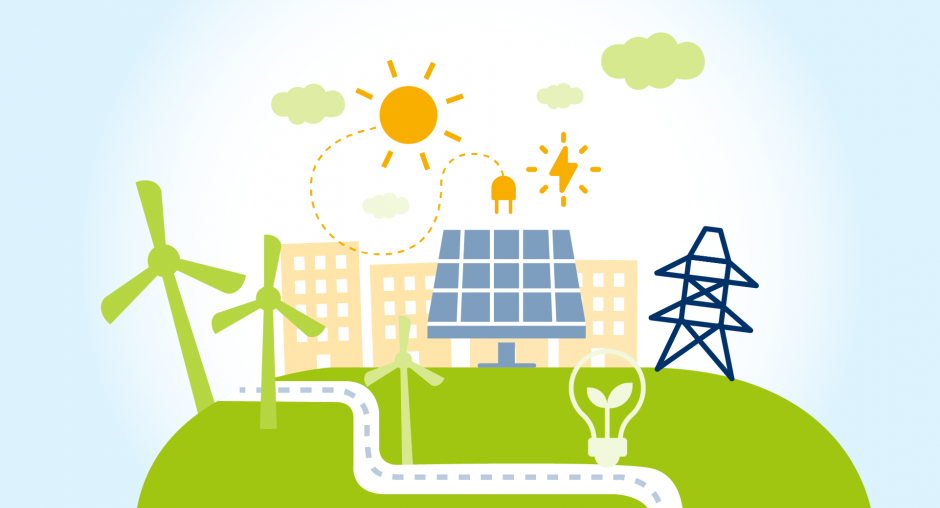Energy Security
The Energy Sector is evolving to become more sustainable, adaptable to the growing energy demand, and prepared for an increasingly interconnected and digital world. While the energy world of tomorrow will bring many opportunities, this transition also creates new security related challenges. Electricity networks are increasingly vulnerable to natural disasters and cyber-attacks while a growing share of renewable energy has to be safely integrated without threatening systems stability.
Mandate
The OSCE’s engagement in this area is based on several Ministerial Council Decisions expressing the need to increase the capacity of OSCE participating States to address a wide range of energy challenges, from the need to strengthen the resilience of energy networks to reducing the environmental footprint of energy usage, production and transport.
The following Ministerial Council Decisions provide the main framework for OSCE activities on energy security:
- Ministerial Council Decision on Energy Security Dialogue in the OSCE, Brussels, 2006
- Ministerial Council Decision on Strengthening Dialogue and Co-operation on Energy Security in the OSCE Area, Athens, 2009
- Ministerial Council Decision on Protecting Critical Energy Infrastructure from Terrorist Attack, Madrid, 2007
- Ministerial Council Decision on the Protection of Energy Networks from Natural and Man-made Disasters, Kyiv, 2013
- Ministerial Council Decision on Improving the Environmental Footprint of Energy-related Activities in the OSCE Region, Kyiv, 2013
Role of the OCEEA
OCEEA works closely with OSCE field operations, the private sector, leading international bodies, and research organizations to promote dialogue and increase the capacity of participating States to protect their energy networks, mitigate risks and reduce the environmental footprint of their energy related activities.
OCEEA is developing a wide range of tools, including a virtual training centre on the protection of energy networks, practical guideline, such as the OSCE Handbook on Protecting Electricity Networks from Natural Hazards and tailor-made workshops, and put them at the service of participating States.
OCEEA conducts feasibility studies, organizes study visits and implements projects aimed to raise awareness on the benefits of green technologies and digitalization and to promote sustainable connectivity in the OSCE area. In addition, OCEEA promotes an inclusive dialogue between producer, consumer and transit countries and foster public-private co-operation on energy security issues.

